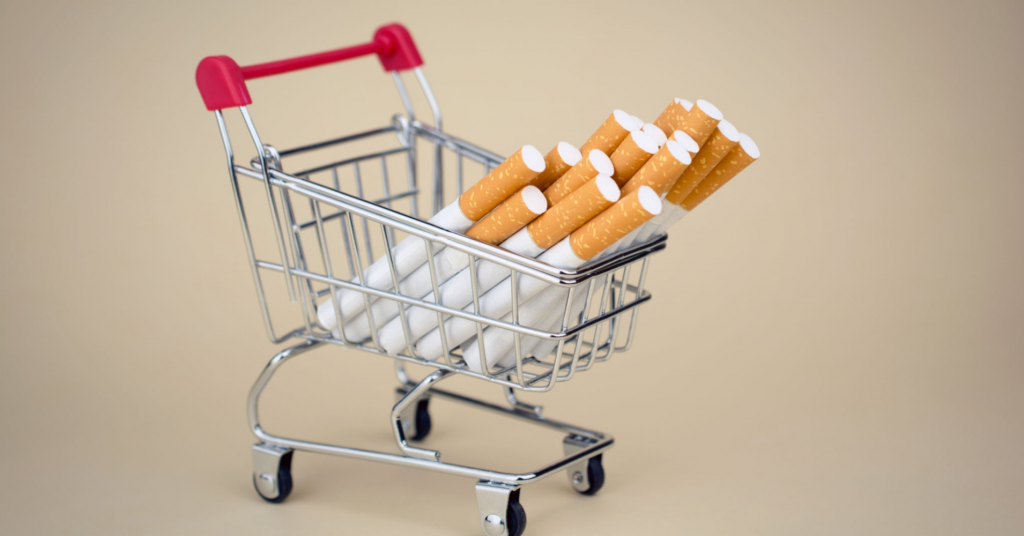A search of Synar reports provides the answer.
The short answer is “Yes”. The long answer is that it really depends on the state, Synar sampling, and how the survey is carried out.
For those of you who are unfamiliar with Synar reports and their associated surveys, they are carried out every year by each state to measure the effectiveness of their tobacco programs.
Setting the Stage with Some Simple Facts and Data
According to the CDC, there are about 380,000 tobacco retailers in the US. According to Synar reports, that number is about right.
The Synar reports include surveys that describe the selection and inspection of retail locations by each state. Each report includes a set of data required by the SAMHSA/CSAP which provides three optional tables to report violations related to the sale of tobacco sales to minors. One of these tables is the number of violations by type of retail location.
The data set from 2020 that I’ve compiled is from 50 US states/regions which represent about 310,000 retail locations and 47,000 inspections. The subset of data related specifically to c-store and gas stations is the aggregate of 21 states, over 90,000 locations, almost 12,000 inspections, and almost 1,100 violations.
C-Stores Do Violate the Law More than Other Retailers
Overall, c-stores not only received more inspections than other retailers but also had a higher aggregate violation rate. But… you have to also keep in mind that over 50% of tobacco retail locations are c-store/gas stations and that over 87% of cigarettes are sold through these retailers. So the percentage of inspections shouldn’t be a surprise and are, in fact, in line with buying behaviors.
| Type of Retailer | Locations | Inspections | Violations |
| 92,106 | 11,811 | 1,091 | |
| % Locations | % of Inspections | Violate Rate Per Inspection | |
| Gas Station | 45% | 52% | 11% |
| Tobacco Store | 5% | 6% | 10% |
| Restaurant | 1% | 1% | 5% |
| Hotel | 0% | 0% | 5% |
| Grocery Store | 21% | 21% | 9% |
| Drug Store | 4% | 1% | 2% |
| Missing | 24% | 20% | 8% |
Learn more about how Loss Prevention can help to stay in compliance with age restricted sales of tobacco, alcohol and lottery tickets.


